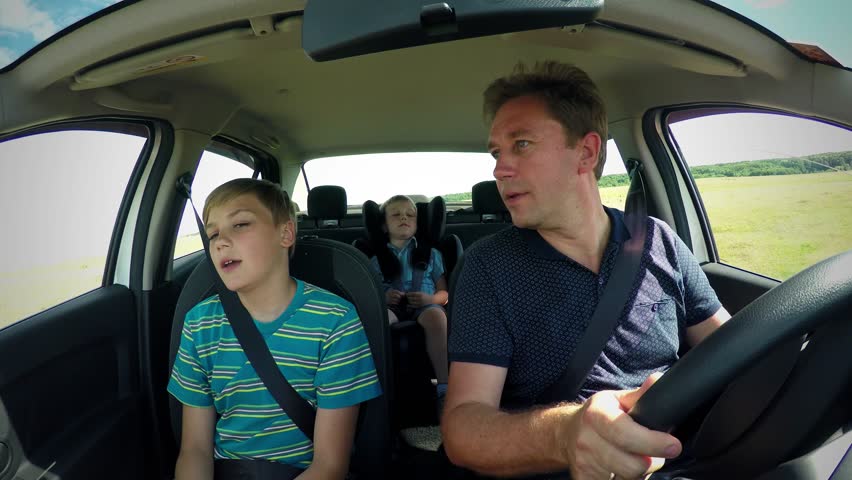As teachers, we see new students all the time, from various backgrounds, upbringings, and households. As fathers, brothers, uncles, and former children ourselves, we can appreciate how difficult of a task that raising a child is. Sometimes it’s hard to know what you’re doing right, and what is causing irreparable harm.
As music teachers, of course we encourage you to consider introducing music education into your child’s upbringing. It’s been proven to develop parts of their brain that other subjects do not. But one very very important aspect of this doesn’t get mentioned often enough, and we’re going to let you in on the secret: if you bring your kid to music lessons, and then bring him/her home to an environment devoid of music nourishment, you’re only doing half of the work.
From experience, the students who are the most successful are the ones who come from a strong musical environment at home. But hold the phone! This doesn’t mean that you have to be a classically-trained musician in order for your kid to take guitar lessons. Quite the contrary — all they really need is communication.
Talking To Your Kid
Look, I know it’s hard to talk to your kid. He’s practically a stranger. But bro — it’s kind of your responsibility. And talking to your kid about music should be easy! Here are a few short cuts for talking to your kid:
Who is your favorite singer?
What is your favorite song? (Really encourage them to think about it, rather than just answering quickly)
Why is that your favorite song? What do you enjoy about listening to it?
Which bands do I play that you enjoy?
Which bands that I play drive you crazy?
What do you find annoying about them?
What kind of music are your friends listening to?
Who was the best Beatle?
Do you know who the Beatles are?
Introducing Them To Music
It’s important that your kid gets familiar with the kind of music that you enjoy, and sees the effect that it has on you. As young children, we often seek our parents’ approval before anyone else’s. One of the reasons that we organize student recitals here is because we know that our students want their parents to watch what they’ve learned to do. Let your kid know about that Fleetwood Mac song that you love, and pretty soon, they’ll be asking us to teach it to them, so they can impress you. Music education starts at home.
Letting Them Introduce You To Music
It’s equally important to let your kid introduce you to new music. This sometimes means sitting through some painful adolescent pop stars — but suck it up! Remember, it’s your responsibility, bro. Ask them to put some of their favorite music on in the car, and pay attention to it. Ask questions about it. If you absolutely hate it, at least respect their tastes and be articulate.
One of the best ways to form a musical bond with your kid is by establishing a routine of listening to music with them. Make a plan to bring them to a CD shop (if you can still find one), and offer to buy them one new CD of their choice. On the drive home, let them listen to it in the car, and talk to them about it. Really listen to it, too. What does this selection say about what your kid finds valuable? Are they following trends? Are they trying to impress you? Do they have a genuine curiosity about music?
Create an environment at home that lets your kid know that music is important and appreciated. This is like the Miracle-Gro that will makes the soil rich in nutrients. We can plant the seed of music education, but you’re responsible for tending to the soil.


